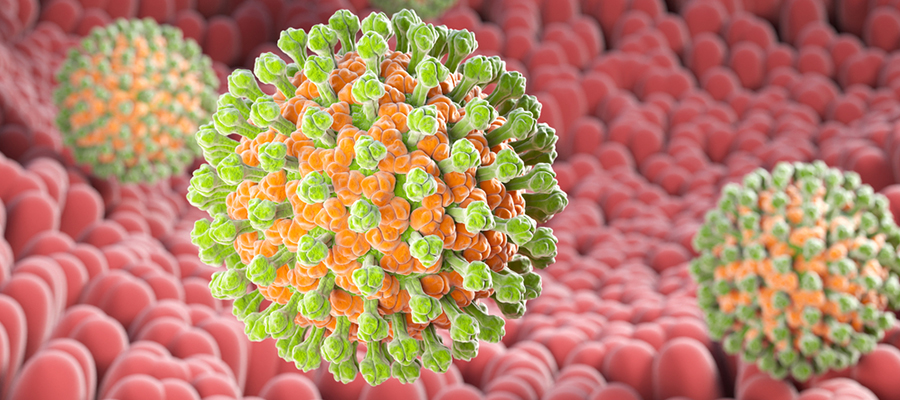
Estimated reading time: 2 minutes and 51 seconds
Rota Virus Treatment
Comprehensive Guide to Rotavirus Treatment
Rotavirus is a highly contagious virus that commonly affects infants and young children, causing gastroenteritis, or inflammation of the stomach and intestines. While rotavirus infections can be mild and self-limiting in healthy individuals, they can lead to severe dehydration and electrolyte imbalances, particularly in young children and infants. At Aktif International Hospitals, our experienced pediatric specialists offer comprehensive care and treatment options for rotavirus infections to ensure the best possible outcomes for our young patients.
Frequently Asked Questions
What is rotavirus, and how does it cause illness?
Rotavirus is a type of virus that primarily affects the digestive system, causing gastroenteritis. The virus is highly contagious and is transmitted through contact with infected stool or surfaces contaminated with the virus. Once inside the body, the virus multiplies in the small intestine, leading to inflammation and damage to the intestinal lining, which results in symptoms such as diarrhea, vomiting, fever, and abdominal pain.
What are the treatment options for rotavirus infection?
The mainstay of treatment for rotavirus infection focuses on managing symptoms and preventing dehydration. Treatment options may include:
- Fluid Replacement: Oral rehydration solutions containing electrolytes and fluids are essential for preventing dehydration and maintaining hydration levels in children with rotavirus gastroenteritis.
- Medications: In some cases, healthcare providers may prescribe antiemetic medications to help control vomiting or antipyretic medications to reduce fever. However, these medications are generally used sparingly and under medical supervision.
- Nutritional Support: Maintaining adequate nutrition is crucial during a rotavirus infection. Breastfeeding or formula feeding should continue as tolerated, and small, frequent meals may be recommended for older children once vomiting subsides.
How can rotavirus infections be prevented?
Preventing the spread of rotavirus infections primarily involves practicing good hygiene and vaccination. Key prevention strategies include:
- Hand Hygiene: Washing hands thoroughly with soap and water, especially after using the bathroom, changing diapers, and before preparing or eating food, can help prevent the spread of rotavirus.
- Vaccination: Rotavirus vaccines are available and are highly effective at preventing severe rotavirus gastroenteritis. The vaccines are typically administered to infants in a series of doses starting at around 2 months of age.
- Environmental Hygiene: Disinfecting surfaces and objects that may be contaminated with rotavirus, such as toys and bathroom fixtures, can help reduce the risk of transmission.
When should I seek medical attention for a child with rotavirus infection?
Parents should seek medical attention for their child if they experience:
- Persistent vomiting or diarrhea that leads to dehydration
- High fever (above 102°F or 38.9°C)
- Blood in the stool
- Signs of dehydration, such as dry mouth, sunken eyes, decreased urine output, or lethargy
How can Aktif International Hospitals help with rotavirus treatment?
At Aktif International Hospitals, our pediatric specialists are experienced in diagnosing and treating rotavirus infections in children. From accurate diagnosis and symptom management to preventive care and vaccination, we provide comprehensive support and guidance to ensure the best possible outcomes for our young patients. If you suspect your child may have a rotavirus infection or if you have questions about rotavirus treatment and prevention, don’t hesitate to contact us for expert care and assistance.
Author: Nadire Ebri


 TR
TR